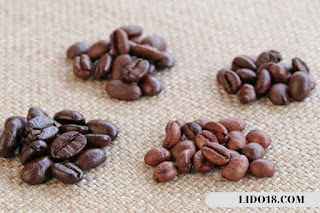Exploring The Health Benefits Of Decaffeinated Coffee

We all know the benefits of coffee, but what about decaffeinated coffee? It turns out that decaf coffee is more than just a milder alternative to its caffeinated counterpart - it can actually provide a number of health benefits. In recent years, research has shown that decaffeinated coffee can improve our overall health and wellbeing. Why the health benefits of decaffeinated coffee make it a tasty and healthy beverage choice in this informative article. Studies have suggested that drinking decaffeinated coffee can help regulate blood sugar levels, reduce cholesterol levels, and even help protect against certain forms of cancer. Decaf coffee has also been linked to improved cognitive function, improved liver health, and even a reduced risk of developing type 2 diabetes. All of these benefits make decaf coffee an attractive option for those looking to enjoy a cup of coffee without all the negative side effects of caffeine. So, if you're looking for a healthier ...






